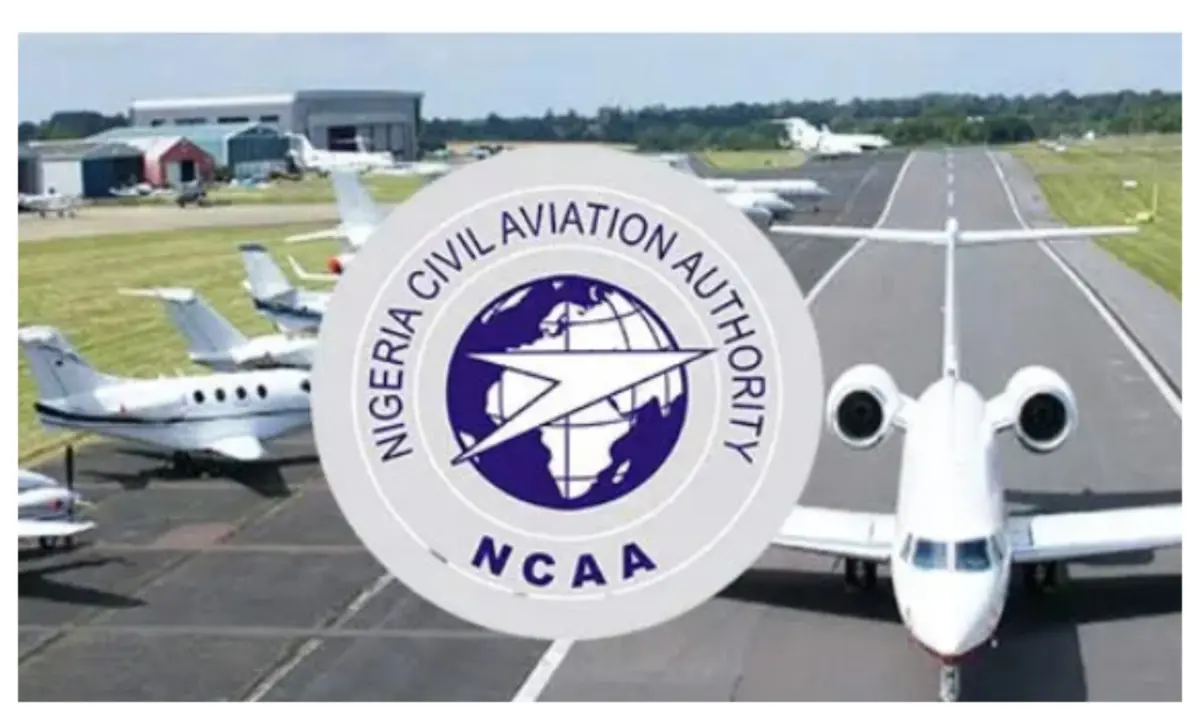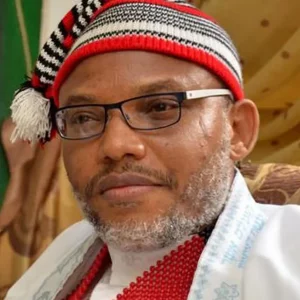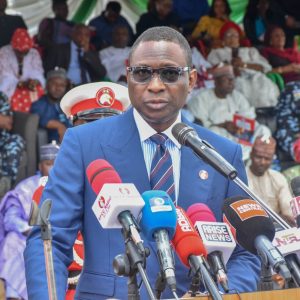It has emerged that Nigeria spends over $2 billion annually on expatriate pilots who fly for schedule commercial airlines, charter service operators, and private jet owners.
It was learnt that Nigerian airline operators and aircraft owners pay expatriate pilots about $7,000 per month, and those that have about 3000 flight hours can insist on more, since most of the private aircraft owners and charter operators have foreign pilots.
The key reason for having a lot of expatriate pilots in the country is because Nigerian airlines have stopped training indigenous pilots on the grounds that after training they leave the airline that trained them and move to other airlines when offered bigger emoluments.

According to industry experts, this is hurting the aviation industry because young Nigerians who have Commercial Pilot Licence from the Nigerian College of Aviation Technology (NCAT), Zaria, cannot be taken by airlines to type rate (specialize in particular aircraft types) and build their flight hours because after the training they leave the airline and go to another airline where they would be paid higher.
In different parts of the world, including the United States, pilots sign bonds with the airline that trained them; that they will work for certain number of years with the airline and would be free to leave, if they wished, after that number of years. But in Nigeria, the Nigeria Civil Aviation Authority (NCAA) refused to protect the bonds, a situation that gives trained pilots the opportunity to leave the airlines that trained them to other airlines after being trained by a particular airline.
This has given rise to poaching, whereby airlines pay more to attract pilots trained by other airlines. This has also led to higher salary package for pilots, as airlines jostle to employ the pilots that have acquired the required flight experience like Captains and Senior Flight Officers. It has also led to animosities and rivalries among local airlines.
In addition, it has led to the unemployment of many Nigerians that have trained as pilots but are yet to build flight hours and also type-rated on particular aircraft types. In 2010, the Airline Operators of Nigeria (AON) put the number of unemployed Nigerian pilots at 300, but in the last 15 years, that number must have doubled, and this is despite the fact that pilots are highly sought after in the world.
THISDAY investigation revealed that Nigerian airlines pay expatriate pilots more than what they pay to their Nigerian counterparts. They pay them in dollars and are granted more holidays than they do to their Nigerian counterparts. So, they lose money engaging them, but they feel it is better than spending whopping amount of money on training pilots that usually leave to other airlines after their training.
The development has prompted the National Association of Aircraft Pilots and Engineers (NAAPE) to call on Nigerian airlines to prioritise the training and development of young pilots and engineers to address workforce gaps and reduce the abuse of expatriate quota in the aviation sector.
NAAPE said airlines must create a system to sponsor type-rating and specialised training for young professionals, describing the current trend of poaching experienced personnel from one airline to another as unsustainable.
However, the Managing Director and CEO of Aero Contractors, Captain Ado Sanusi, explained to THISDAY that Nigeria does not have acute shortage of pilots, insisting that the pilots that do not have jobs are those without experience.
“I cannot take somebody who is fresh from school, train him, spend so much money in training him on an aircraft and he gets proficient and tomorrow he leaves me to airline ‘B’ because the airline pays him extra. This is part of the problems we have. I kept saying it even when I was at Arik Air; that NCAA should adopt what the US Federal Aviation Administration (FAA) does. If any pilot is leaving airline ‘A’ to airline ‘B’, the management of airline ‘B’ must write to the management of airline ‘A’ to seek approval before employing the pilot. It is about administering a form. I even printed the form, I gave it to NCAA, this was years ago. I said, if you put that in place, it will work for Nigeria. American has more pilots than we do. The jumping from one airline to another doesn’t happen there,” the Aero boss said.
Sanusi said jumping from one airline to another could be solved if NCAA can make it a rule that for a pilot to leave airline ‘A’ to airline ‘B’, he needs to have a recommendation from the director of flight operations of airline ‘A’, adding that if this is not done, the problem will continue, and some airlines will continue to train pilots that they will not be able to retain.
“I will train pilot on Boeing 737, incur the heavy landing on the equipment, the stress you’re going to put the airplane into, the cost I will spend on maintenance. It is not quantifiable. I mean, to bring you to that standard to have confidence to land an airliner. It involves a lot. I know it because I have gone through that,” Sanusi further said.
An operator of a major Nigerian carrier narrated how he signed bond and trained some pilots and they left his airline. When he complained to NCAA, the director general then, told him it was a free market; that he would not stop the pilots from leaving.
“I trained the pilots in the best schools in the UK, US and bonded them. It cost us a lot of money. That time I put them in airlines that paid them allowances while I paid them salaries. In order to enhance their training in the simulator, I paid for the aerial view mapping of Ikeja, Lagos airport and Abuja airports and they were inputted in the simulator. But shortly after the training they were poached by another airline.
“I spoke to NCAA, and the director general at that time said he could not stop them because that was open market competition. The pilots did not give us even one month notice. The truth is that when you train pilots you may not pay them the same salary paid to pilots that trained outside because you have to recover the money you spent in training them but with time they will grow and rise in the company and be at par with the others,” the operator said.
Stay ahead with the latest updates!
Join The Podium Media on WhatsApp for real-time news alerts, breaking stories, and exclusive content delivered straight to your phone. Don’t miss a headline — subscribe now!
Chat with Us on WhatsApp






